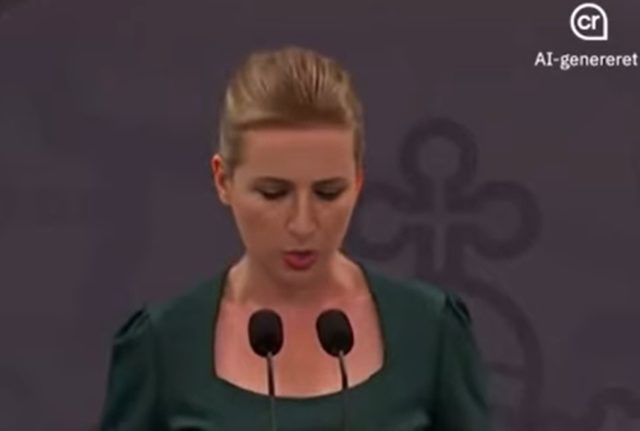What is the employment allowance?
The Beskæftigelsesfradraget (from beskæftigelse, meaning employment, and fradrag, meaning rebate) was brought in by the centre-right Liberal Party back in 2004, the idea being that it would incentivise people to get off welfare and into a job.
Everyone whose employer pays Denmark’s 8 percent AM-bidrag, or arbejdsmarkedsbidrag, automatically receives beskæftigelsesfradraget. Unlike with some of Denmark’s tax rebates, there is no need to apply. The Danish Tax Agency simply exempts the first portion of your earnings from income taxes.
In 2022, beskæftigelsesfradraget was set at 10.65 percent of income with a maximum rebate of 44,800 kroner.
How did the government agree to change the employment allowance in its coalition deal?
In Responsibility for Denmark, the coalition agreement between the Social Democrats, the Liberals and the Moderate Party, the new government said it would set aside 5 billion kroner for tax reforms.
Of this, 4 billion kroner was earmarked for increasing the employment allowance, with a further 0.3 billion going towards increasing an additional employment allowance for single parents.
According to the public broadcaster DR, the expectation was that this would increase the standard employment allowance to 12.75 percent up to a maximum rebate of 53,600 kroner.
How might this be further increased, according to Børsen?
According to a report in the Børsen newspaper, the government now plans to set aside a further 1.75 billion kroner for tax reforms, of which nearly half — about 800 million kroner — will go towards a further increase to the employment allowance.
The Danish Chamber of Commerce earlier this month released an analysis in which it argued that by raising removing all limits on the rebate for single parents and raising the maximum rebate for everone else by 20,300 kroner, the government could increase the labour supply by 4,850 people, more than double the 1,500 envisaged in the government agreement.
According to the Børsen, the government estimates that its new extended allowance will increase the labour supply by 5,150 people.



 Please whitelist us to continue reading.
Please whitelist us to continue reading.
Member comments